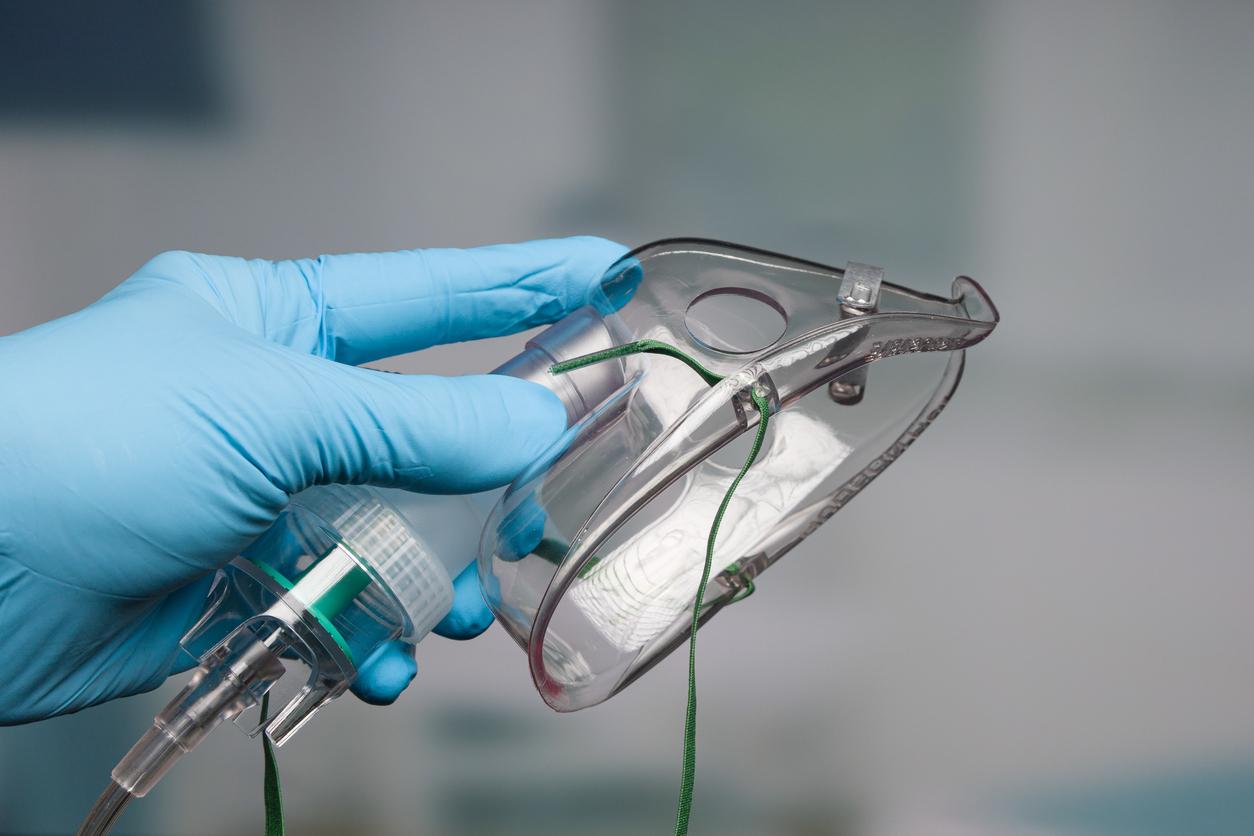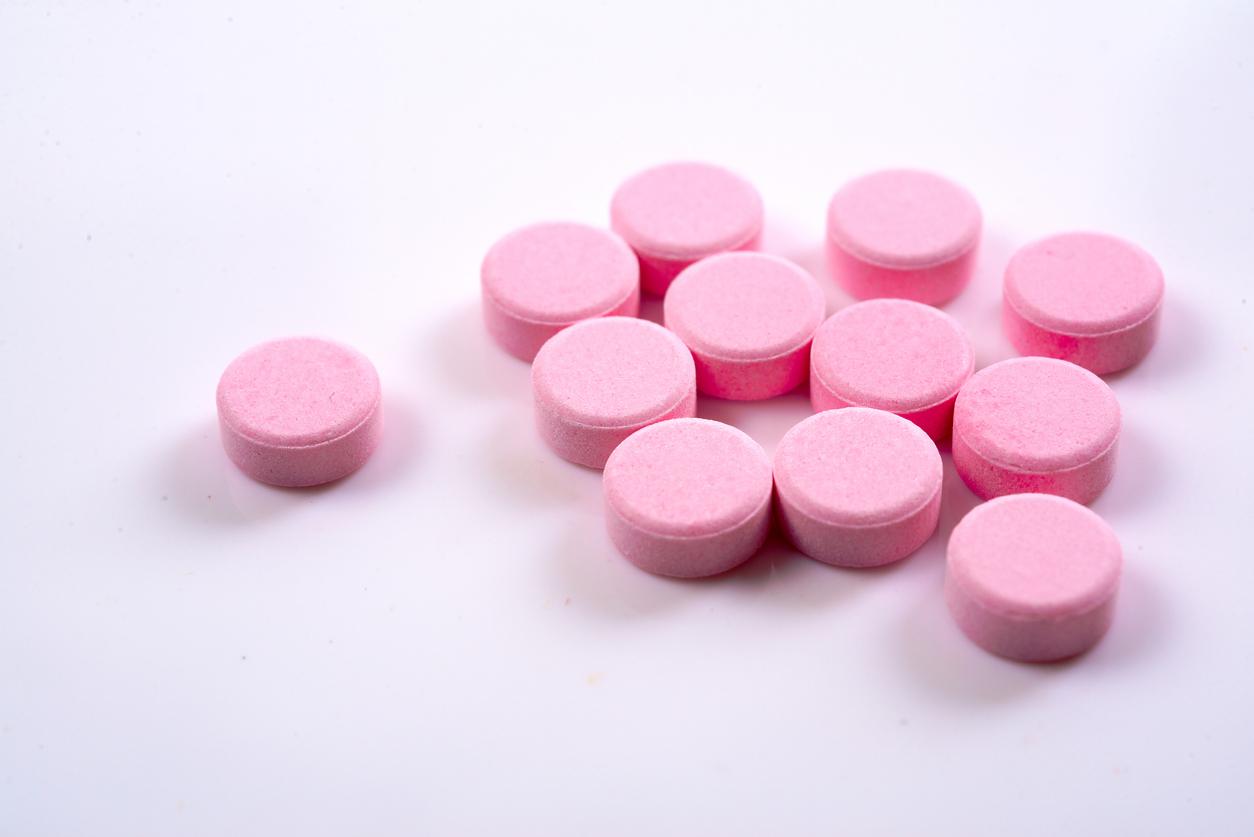Oral medications improve the quality of life of patients and appear to be more effective than injectable treatments.

Today, most treatments for multiple sclerosis come in an injectable form. So, the arrival of oral medications is a real breakthrough, which will considerably improve the daily lives of patients.
MS is a chronic inflammatory disease that progresses in flare-ups. Long-term treatments make it possible to reduce the frequency and severity of relapses, and to slow the progression of the handicap. These are, for example, immunomodulators, which are injected intramuscularly or subcutaneously.
Two drugs, this time to be taken orally, received marketing authorization this year. The first, dimethyl fumarate, is already available in hospital pharmacies, and the second, teriflunomide, is expected to be marketed in the fall. Advances that are eagerly awaited by patients. Indeed, a survey by Biogen laboratories shows that, for half of them, a treatment that is easier to take appears to be one of the priority progress.
More effective treatments
And it’s not just about comfort. Dimethyl fumarate appears to be more effective than immunomodulators. These reduce flare-ups by about 30%, and oral treatment by 50%. In addition, it allows a reduction of lesions visible on MRI of 85 to 90% at two years.
On the other side of the coin, oral medications have adverse effects such as digestive disorders, hot flashes or even hair loss for teriflunomide. But they mainly occur at the start of treatment, and disappear in the majority of cases at the end of the 1ster month.
For neurologist Olivier Gout, these treatments represent a real breakthrough. And research is very active since new drugs are expected soon.
Prof. Olivier Gout, Head of the Neurology Department at the Rothschild Foundation in Paris: “ This is extremely positive, new drugs are appearing and it will continue. We are waiting for a drug class that will repair the demyelinating lesions ”.
.

















